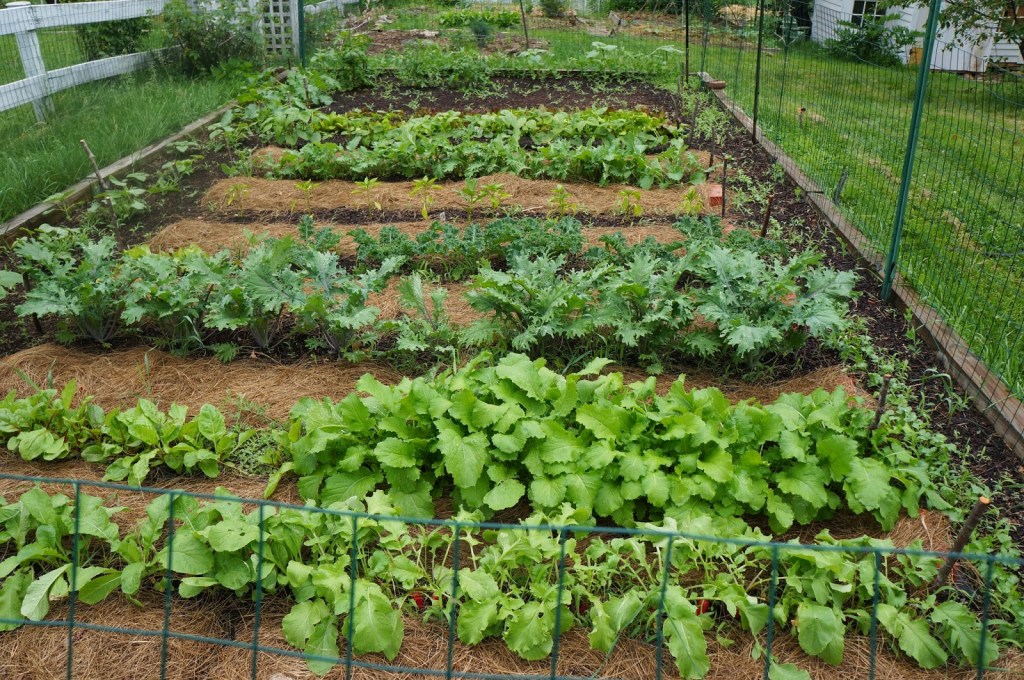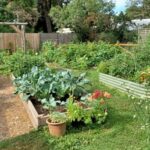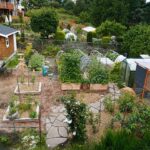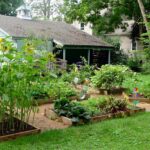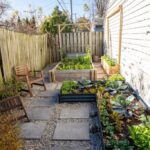Embracing the lifestyle of year-round growing on a 15-acre homestead can transform how you approach self-sufficiency and sustainability. With strategic planning and effective practices, you can cultivate a bountiful garden that thrives in every season. Whether you’re a seasoned homesteader or just starting your journey, this guide will provide you with valuable insights to optimize your efforts.

Understanding Your Homestead’s Potential
Before diving into the specifics of year-round growing, it’s essential to assess the unique characteristics of your 15-acre homestead. Consider the climate, soil type, and available resources. These factors will influence the types of crops you can grow and the techniques you’ll employ.
Assessing Climate and Soil Conditions
Identifying the climate zone of your homestead is a critical step. This will help you choose plant varieties that are well-suited to your region. Additionally, conducting a soil test will provide insights into its pH level and nutrient content, allowing you to amend the soil accordingly.
Planning Your Year-round Garden
Planning is the backbone of successful year-round growing. A well-thought-out plan ensures a continuous harvest and minimizes waste.
Creating a Seasonal Planting Schedule
Developing a seasonal planting schedule is crucial for maximizing your garden’s productivity. Consider succession planting, which involves staggering plantings to extend the harvest period of each crop.
Choosing the Right Crops
Selecting the right crops is vital for year-round growing. Opt for a mix of annuals and perennials to maintain garden diversity. Leafy greens, root vegetables, and herbs are excellent choices for continuous production.
Implementing Sustainable Practices
Sustainability is at the heart of homesteading. By incorporating sustainable practices, you ensure the long-term health of your land and crops.
Composting and Soil Health
Composting is an effective way to enrich your soil. By recycling organic waste, you create nutrient-rich compost that enhances soil fertility. Learn more about enhancing soil health through mulching techniques.
Integrated Pest Management
Protecting your crops from pests is crucial. Implementing integrated pest management (IPM) strategies minimizes the use of harmful chemicals. Consider natural predators and companion planting as part of your IPM approach. Explore more about pest management.
Infrastructure and Resource Management
Developing the right infrastructure and managing resources effectively are key components of a successful homestead.
Water Conservation Techniques
Water is a precious resource. Implement conservation techniques such as rainwater harvesting and drip irrigation to optimize water usage in your garden.
Greenhouses and Cold Frames
Greenhouses and cold frames extend the growing season by protecting plants from harsh weather. They are invaluable tools for year-round growing on your homestead.
Preserving Your Harvest
Preservation techniques allow you to enjoy your garden’s bounty throughout the year.
Canning and Fermenting
Canning and fermenting are traditional methods of food preservation. They ensure that your produce is available even during the off-season.
Freezing and Drying
Freezing and drying are additional ways to preserve your harvest. Invest in a good quality freezer and dehydrator to store your produce efficiently.
Building Community and Sharing Knowledge
Homesteading is not just about individual efforts. Building a community and sharing knowledge enriches the experience.
Joining Local Homestead Groups
Join local homestead groups to connect with like-minded individuals. Sharing experiences and tips can enhance your homesteading journey.
Participating in Workshops
Attend workshops to expand your skills and knowledge. These events provide practical insights into various aspects of homesteading.
Embracing Challenges and Celebrating Successes
Homesteading is a journey filled with challenges and successes. Embrace each setback as a learning opportunity and celebrate your achievements.
Learning from Mistakes
Mistakes are inevitable, but they offer valuable lessons. Reflect on what went wrong and adjust your strategies accordingly.
Celebrating Milestones
Celebrate milestones, no matter how small. Each harvest and successful planting is a testament to your hard work and dedication.

FAQs
What are the best crops for year-round growing?
Leafy greens, root vegetables, and herbs are ideal for continuous production throughout the year.
How can I maintain soil fertility on my homestead?
Regular composting and mulching are effective ways to maintain soil fertility. They enrich the soil with essential nutrients.
What are some water conservation techniques for a homestead?
Rainwater harvesting and drip irrigation are excellent techniques to conserve water and ensure efficient usage.
To dive deeper into modern homesteading techniques, visit this modern homesteading introduction for expert insights.

